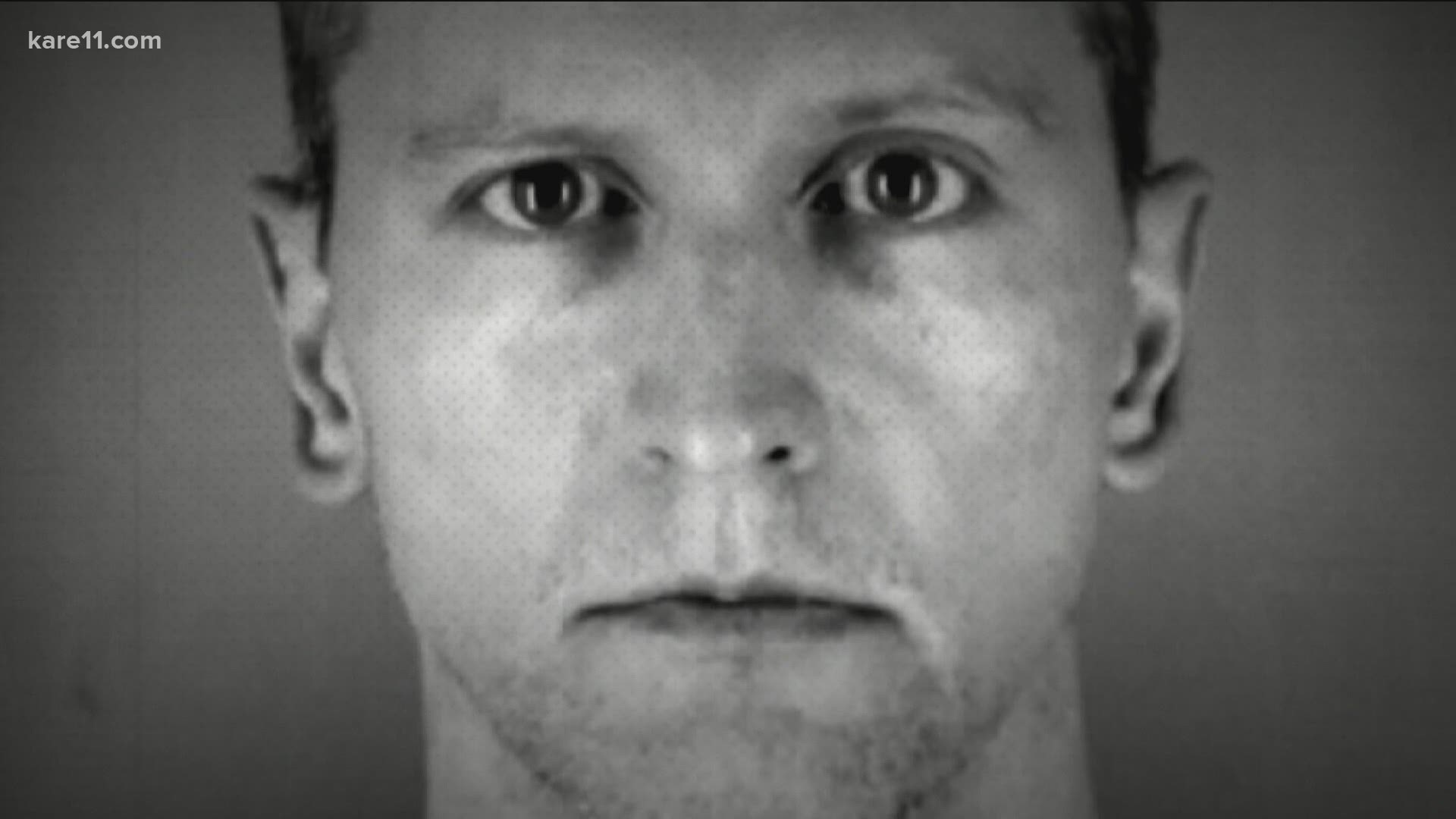NBC News has confirmed a report that former Minneapolis police officer Derek Chauvin had offered to plead guilty to third-degree murder charges in the days after George Floyd's death, but the potential plea deal was rejected by then-Attorney General William Barr.
The story was first reported on Wednesday by the New York Times.
According to the Times report, as unrest was unfolding across Minneapolis three days after Floyd's death, Chauvin offered to plead guilty to third-degree murder and serve more than 10 years in prison because he "believed that the case against him was so devastating." Chauvin reportedly asked to serve the sentence in a federal prison, and wanted to avoid federal civil rights charges.
However, a former Justice Department official told NBC News that "both politically appointed and career Department of Justice officials had rejected the idea."
"His lawyers were trying to rush us, and we didn't want to be rushed," the official told NBC News.
According to the Times report, Attorney General Barr worried that such a plea deal so early in the investigation could be seen as too lenient.
Minnesota Attorney General Keith Ellison is overseeing the prosecution of Chauvin and three other former officers in Floyd's death; however a spokesperson for Ellison's office told KARE 11 they could not comment because the reported failed plea deal happened before Ellison was involved in the case.
A spokesperson for the Hennepin County Attorney's Office told KARE 11 such plea discussions are common.
"As is typical in many cases, early negotiations can occur between all relevant parties involved," the Hennepin County Attorney's Office said in a statement. "Many times, a defendant will explore their options with a negotiation. It is also common for these types of discussions to happen in the beginning of a case and then have no agreed upon negotiations develop. This case was no different. Negotiations were discussed, nothing developed."
However, legal experts say it's rare for the U.S. Attorney General to become involved in such cases.
"It's very unusual to have any federal personnel, let alone the Attorney General of the United States, stepping in to scuttle a state plea agreement," said Rachel Moran, associate professor at the St. Thomas School of Law.
On Thursday, Hennepin County District Court Judge Peter Cahill denied a state motion to add a third-degree murder charge in the case against Chauvin when his trial begins next month. The judge also denied adding the same charge against the other three former officers in the case.
RELATED: Judge denies prosecution request to add 3rd-degree murder to charges in George Floyd's death
In its motion, the state cited a Minnesota Court of Appeals decision in another high-profile case against a former Minneapolis police officer, Mohamed Noor. Noor appealed his third-degree murder conviction in the shooting death of Justine Ruszczyk Damond.
The court of appeals ruled in Noor's case that "third-degree murder may occur even if the death-causing act endangered only one person." Ellison argued that ruling is precedential, and can now be used to reinstate the charge against Chauvin.
But Chauvin's defense attorney argued against the motion, saying that the case is not yet "precedential," and may not ever become precedential, since the court's orders do not become final until the defendant has had a chance to petition the Minnesota Supreme Court to review. Noor's attorney has indicated that he plans to do so.
Moran found the judge's decision to deny the third-degree charge against Chauvin to be surprising.
"I think it makes it all the more inappropriate to go to trial beginning in a few weeks, on March 8th, because there is no chance for the Noor appellate opinion to become precedential before then," Moran said. "What the judge is effectively doing if he forces the state to go to trial in March, it is denying them a chance at pursuing a charge that there is a significant likelihood would have been appropriate."
Chauvin is charged with second-degree murder and second-degree manslaughter in Floyd's death. His trial is scheduled to begin March 8.

